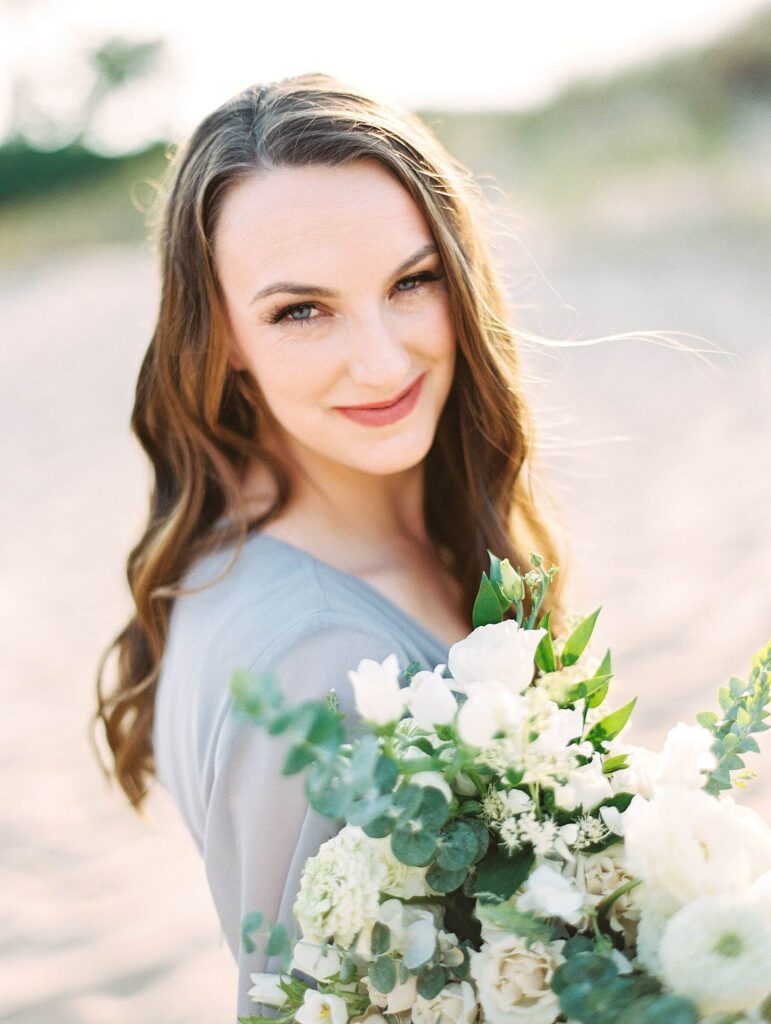Tell us about you.
I’m Laurel, a motherhood and family photographer who believes in creating timeless, intentional portraits that become heirlooms. My background is in finance, which taught me the importance of strategy, planning, and attention to detail—skills I carry into my photography. I’m also a mother of three, and my family inspires much of the heart behind my work. I’m based in the Bay Area and specialize in helping moms see themselves and their families as art.
You can find me at: https://laurelsmithphotography.com

Did you always want to be a photographer?
I did not always aspire to become a photographer but I’ve always felt strongly drawn to the arts and also had an analytical mind. I have a business degree and pursued a career in finance before I had kids. After my oldest was born I wished for better photos of him and started learning photography with the intent to document my own family. At this time I also struggled with the transition into motherhood and as opportunities arose to photograph other mothers I began to recognize the beauty in this fleeting stage of life. Photography was transformative in my journey into motherhood and once I recognized that it has been my purpose to serve mothers going through that transition themselves.
How did you get into photography?
I picked up a camera during a time when I felt lost as a new mom. I struggled with postpartum anxiety and found photography to be a refuge—a way to focus on something beautiful and meaningful outside of the day-to-day challenges. What started as a personal project to document my kids turned into a passion for capturing the beauty of motherhood and family in an artistic and intentional way.
You focus on motherhood and family. What about it speaks to you?
Motherhood is a nuanced journey, full of complexity and beauty. I know firsthand how hard it can be to see yourself in the chaos of it all. I focus on motherhood because I want to help women see the beauty in their own stories. I believe that the process of being photographed can be very vulnerable, especially for mothers who can often feel overlooked. While many of the mothers I photograph have achieved great accolades in their careers prior to becoming mothers, there is no recognition for the hard work and effort that goes into motherhood. When I photograph mothers I like to photograph them in the way they would like to see themselves. That can mean embodying many different characteristics, such as strength, peace, empowerment, or connection. We plan their session around these feelings by choosing colors, locations, and posing that convey these sentiments. My hope is that when the women I photograph view their portraits hanging on the walls of their homes they will see themselves embodying these traits and recognize that it is within them. In this way I hope my portraits have the power of a vision board, helping my clients become the things they most want to be.
What are your favourite projects that you have done? Do you have a favourite picture?
My favorite project of all time was a session I did with my friend Sarah. This was the first session I did that focused on a mother alone. This was an intimate maternity session and turned into an opportunity to connect as mothers sharing similar experiences. I felt that in this session I was able to truly see Sarah and I believe it shows in the work. You can find Sarah’s gallery here: Tell us about you.
How do you juggle parenting with your career?
I don’t believe that balance exists between parenting and career, but a constant battle of prioritization. Sometimes work takes priority, and sometimes family does.
Is photography a tough business to be in?
The photography industry is extremely saturated, which presents unique challenges for photographers working to support their families. Working as a photographer requires skills in marketing and business management to keep our artistry alive. I find myself constantly pulled between working in my business, and working on my business. For every hour I spend behind my camera, I spend approximately 10 hours behind my computer, many of which are spent working to connect with prospective clients.
What advice would you give to aspiring photographers?
I would encourage aspiring photographers to articulate their motivation behind picking up their camera. Working as a photographer can be a lonely path and returning to your “why” can propel you forward when the path becomes challenging. I would also recommend that aspiring photographers seek out mentors who have found success in their areas of weakness. It is invaluable to have a mentor help you train your eye by showing you what you can’t yet see in your own work.
